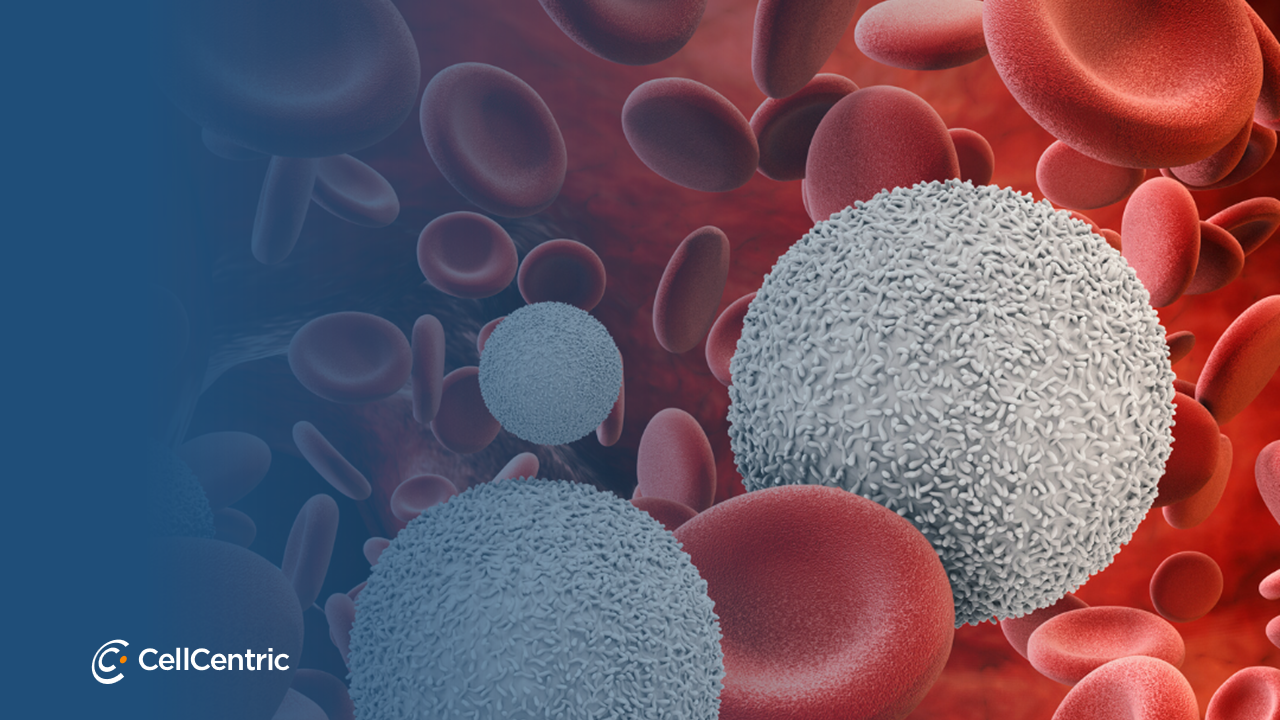CellCentric is beginning clinical testing of CCS1477, a novel, first-in-class drug for late-stage prostate cancer, following regulatory clearance in the UK. The Chief Investigator for the programme is world-leading prostate cancer researcher, Professor Johann de Bono of The Institute of Cancer Research, London, and The Royal Marsden NHS Foundation Trust. The transition of the company from research into clinical development programme is supported by the recent financing of $26 million, which will fund patient dosing up to Phase IIb.
CCS1477 addresses the large and growing population of patients with tumours that have become resistant to existing second generation anti-hormonal drugs (Zytiga, Xtandi and Erleada). The potential market for a new agent for late-stage prostate cancer is highly significant, with over 80,000 potential patients each year. The first-in-man study is being led by Professor Johann de Bono, Regius Professor of Cancer Research at The Institute of Cancer Research, London, and Consultant Medical Oncologist at The Royal Marsden NHS Foundation Trust.
Professor Johann de Bono commented: “One of the largest areas of unmet need in prostate cancer is the growing number of men who become resistant to treatment with second-generation anti-hormonal drugs. Targeting both the androgen receptor and its splice variants with a novel drug such as CCS1477 could prove to be a new and exciting way to treat this disease.” Dr Will West, Chairman & CEO of CellCentric, added: “This first-in-man study in prostate cancer represents a major step in making CCS1477 available as a significant new option for cancer treatment. It has the potential to have a significant impact for prostate cancer patients, and longer term for specific haematological, bladder and lung malignancies. From concept to drug, this has been an incredible team effort.”
CCS1477 is a potent, selective, orally-bioavailable inhibitor of the conserved bromodomains of twin histone acetyl transferase proteins, p300 and CBP. When p300/CBP are inhibited, expression of the drivers of late-stage prostate cancer; the androgen receptor (AR), AR-splice variants (AR-SV) and c-Myc, are significantly reduced.
Reducing AR-SV in particular is believed to address inherent or acquired resistance to existing second generation anti-androgen treatments abiraterone (Zytiga), enzalutamide (Xtandi) and apalutamide (Erleada). CCS1477 is clearly differentiated from other approaches currently in development to tackle resistance.
The clinical trial has been initiated following regulatory approval from the Medicines and Healthcare Products Regulatory Agency (MHRA). Approximately 120 patients will be recruited to assess CCS1477’s tolerability and efficacy (Phase Ib/IIa). The drug will be tested as a monotherapy and also in combination with Zytiga as well as Xtandi.
Longer term, CellCentric intends to pursue CCS1477 in the treatment of specific haematological, bladder and lung cancers.
The Institute of Cancer Research (ICR), with its hospital partner The Royal Marsden, is one of the world’s most influential cancer research centres, with an outstanding record of achievement dating back more than 100 years. Abiraterone was discovered by the ICR, and developed by the ICR and The Royal Marsden.
As the study expands, UK clinical sites including the Sir Bobby Robson Cancer Trials Research Centre, Newcastle and the Northern Ireland Cancer Centre, Belfast will become involved, before deployment in the US, including at the Sidney Kimmel Cancer Center, Thomas Jefferson University, Philadelphia.
About CellCentric
CellCentric is a biotechnology company focused on a first-in-class p300/CBP bromodomain inhibitor drug, CCS1477. The company has investigated over 50 potential epigenetic-related drug targets, before focusing on the twin histone acetyl transferases p300/CBP. An earlier programme, based on an arginine methyltransferase target, was licenced to Takeda Pharmaceuticals.
CCS1477 has relevance to multiple cancer types, and notably for late-stage, castration-resistant prostate cancer (CRPC). It addresses the large and growing population of patients that have tumours that have inherent or acquired resistance to second generation anti-hormonal drugs. There is also compelling evidence of its potential for haematological cancers (AML, Multiple Myeloma, DLBCL), as well as tumours that bear mutations in either p300 or CBP (notably in bladder and lung cancers).
CellCentric is a privately held business, with Morningside Venture Investments as its lead investor. CCS1477’s progress has also benefited from awards from Innovate UK (BioMedical Catalyst) and the Prostate Cancer Foundation. The company maintains active collaborations with multiple research centres in Europe and the US.
For more information, please contact:
CellCentric Ltd
[email protected]
www.cellcentric.com
Consilium Strategic Communications
Chris Gardner, Sukaina Virji, Sarah Wilson
+44 (0)20 3709 5700
[email protected]


